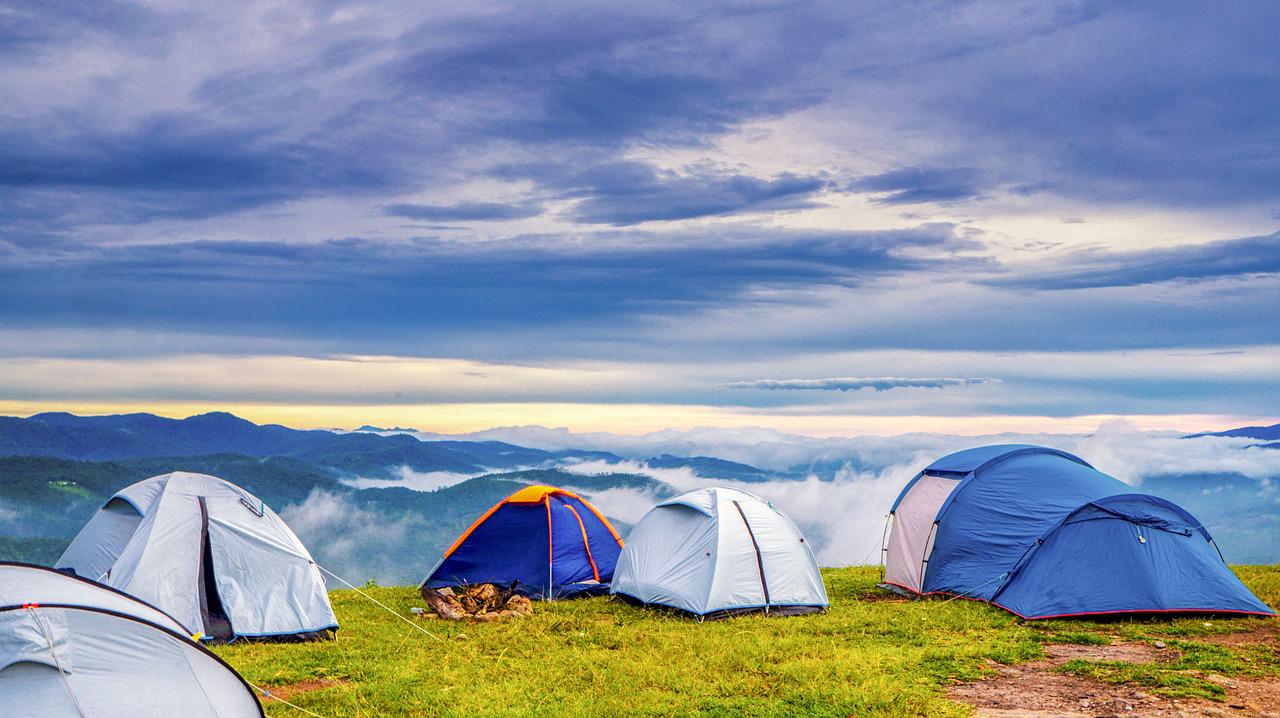As the weather gets pleasant, people start planning camping trips. Camping is one of the best outdoor adventures that refreshes your mind in a relatively inexpensive way. The best camping trips involve getting away from the digital world and escaping the hustle and bustle of urban life. However, if not properly planned, you may end up having the worst time of your life. Camping is different from other trips where you only need to pack your clothes and a few other personal items. Camping requires some special gear that helps you survive outdoors. If you forget any important gear or fail to plan properly, it can impact your comfort and overall camping experience.
If you’re a newbie, first-time camping may seem overwhelming. There’s so much to plan and you may not have any idea how to find a campsite, what type of tent to buy, and how to prepare meals outdoors. Camping is all about fun but things may get challenging if you’re going with kids. Family camping requires even more planning and some extra stuff to make sure kids have a great time. Whether you’re going solo, with friends, or with family, here are some tips to help you plan a great camping trip.
Decide Camping Type
Your planning process should begin with deciding what type of camping experience you want. Before you start looking for campsites, determine whether you want to stay in a tent, trailer, RV, or deluxe cabin. If you’re a first-time camper or don’t prefer the idea of roughing out with a tent, plan a comfortable stay in a cabin or trailer. However, if you want extreme adventure and to get in touch with nature, get a sturdy tent. Depending on whether you’re backpacking or car camping, you need to start planning other stuff.
Research Destination
Once you have decided camping type, the next step is looking for campsites and making reservations. However, before booking you should do some research on the campsite and the area. While researching, you need to find out what amenities are available at the campsite, nearby attractions, and weather conditions. Make sure to locate the nearby grocery stores and hiking trails before you arrive because the internet connection may not be stable. Whether you have picked a national park or private campground, find out if trailers or RVs are allowed.
List of Camping Gear
As mentioned above, you will need some special camping gear such as a tent and blankets. It may sound simple, but each camping gear should be picked carefully. For instance, when buying a tent, you need to consider factors like tent size, material, weight, ventilation, and weather protection. Besides a spacious and lightweight tent, you will also need a sleeping pad, inflatable pillows, and a sleeping bag. Other miscellaneous camping gear includes lanterns, a fire igniter, a first-aid box, bug spray, a compass, a headlight, chairs, a stove, and more. If you plan some specific activities like kayaking, fishing, or swimming, make sure you have relevant gear for the activity such as fishing bait. You should also plan for bad weather and always pack weather-appropriate clothes. Ideally, you should keep a raincoat, socks, jacket, comfy shoes, umbrella, etc.
Meal Items
What you’re going to eat during the trip should also be planned. It’s best to prepare a meal chart and then start collecting the needed items accordingly. If you’re backpacking, you will need lightweight stuff and ready-to-eat food items. Car camping allows you to plan a menu easily as you have enough space to carry a big camping stove. You can keep frying pans, mugs, plates, sliced veggies, a cooler, and even a BBQ grill. Don’t forget to pack coffee, some snacks, freeze-dried meals, packed tuna, and boxed noodles.

